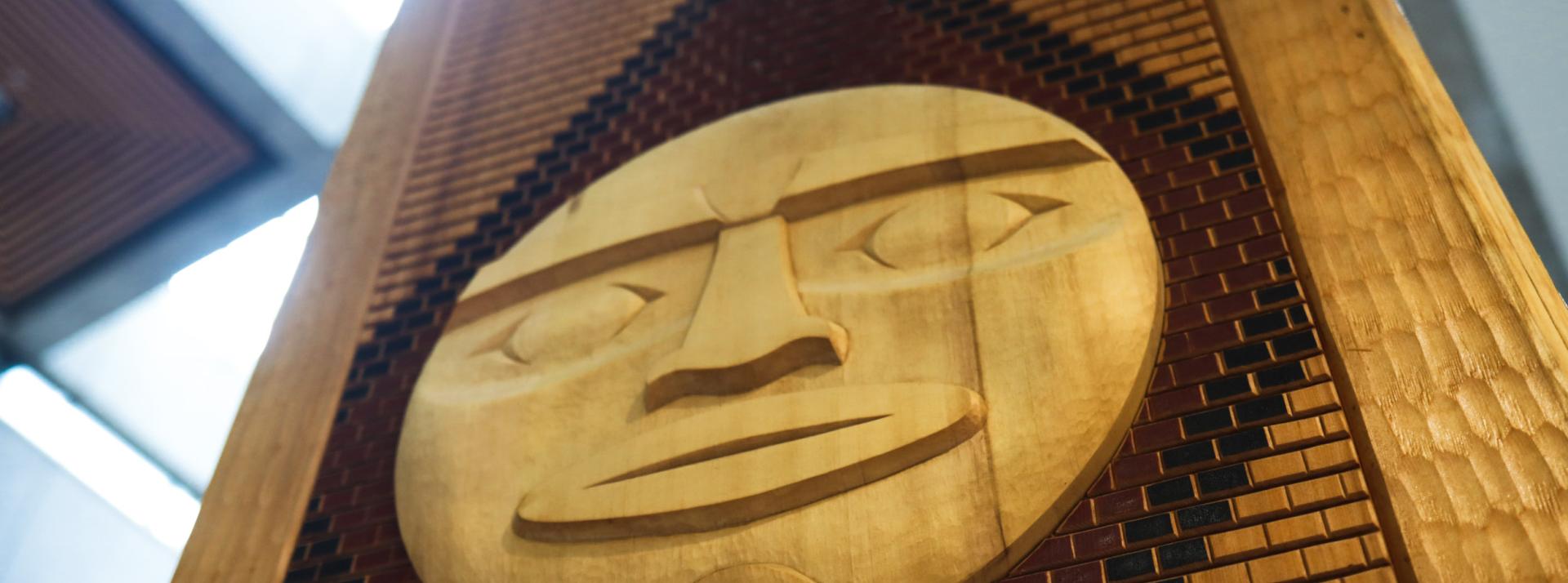Guiding principles
We are guided in all of our work by the following principles.
Reconciliation framework
- Indigenous clients and families can expect and receive culturally safe care.
- First Nations, Métis and Inuit peoples role is respected and acknowledged in the traditional territories in which VCH operates.
- VCH as an organization upholds the United Nations Declaration on the Rights of Indigenous Peoples (UNDRIP) and Truth and Reconciliation Commission of Canada Calls to Action to an optimal level within its mandate and scope.
- Partners working with VCH support alignment with UNDRIP and TRC Calls to Action.
Indigenous Cultural Safety Policy
VCH has an Indigenous Cultural Safety policy to guide us in becoming a culturally safe organization and inform health care provision. This policy applies to all health care staff, physicians, units and departments across VCH.
Guiding documents
-
-
BC NDP Minister of Health's Mandate Letter
-
Provincial Declaration
of Commitment to Cultural Safety and Humility in Health Services
-
BC Regulatory Bodies Commitment
-
VCH & FNHA/FNHC Partnership Accord
-
Creating a Climate for Change: FNHA
-
UNDRIP
United Nations Declaration on the Rights of Indigenous Peoples
-
TRC Calls to Action
Truth and Reconciliation Commission of Canada Calls to Action
-
In Plain Sight
Addressing Indigenous Specific Racism and Discrimination in BC Full Report
-
Red Women Rising MMIW Report
-
Definitions and terms
These are some common terms that will be useful for you to be aware of.
-
Cultural Competency: Refers to developing cultural knowledge, skills in understanding cross-cultural interactions, and an awareness and acceptance of the dynamic variety of people and populations that VCH works with as all crucial components of cultural competency. Cultural competence is not a discrete endpoint but rather a commitment to and an active engagement in a lifelong process. Organizational cultural competence requires multi-level interventions and supports to foster a culture of openness and respect.
-
Cultural Humility: a process of self-reflection to understand personal and systemic biases and to develop and maintain respectful processes and relationships based on mutual trust. Cultural humility involves humbly acknowledging oneself as a learner when it comes to understanding another’s experience.
-
Cultural Responsiveness: involves improving both the competency of the practitioner and the system in which the practitioner operates. Involves building the capacity of the system or institution to be culturally competent, improving professional attitudes, knowledge, behaviours and practices (the “people” component), as well as strategies, plans, policies, procedures, standards, performance management, and remuneration mechanisms (the “institutional” component) in order for the whole to be responsive.
-
Cultural Safety: An outcome of cultural competency, defined and experienced by those who receive the service – they feel safe. Cultural safety is based on understanding the power differentials and potential discriminations inherent in the health service delivery system.
-
First Nation: refers to the Indigenous people of Canada, both status and non-status, who were the original people to inhabit Canada or “First Nations.”
-
Indigenous Health Care: Health care services that are led and informed by Indigenous leaders, knowledge keepers and traditional practitioners.
-
Indigenous Health Care Practitioners: Indigenous people engaged in the delivery of health services. This can include VCH staff such as (but not limited to) Indigenous Patient Navigators, Indigenous support workers, counsellors, psychologists and outreach workers.
-
Indigenous Knowledge Keepers: Indigenous people with specific cultural knowledge.
-
Indigenous Traditional Medicines: are plants used by Indigenous peoples throughout North and South America for healing of mind, body, emotion and spirit.
-
Indigenous Traditional Practitioners: Indigenous peoples who conduct traditional Indigenous practices, including ceremonies for spiritual, mental, emotional and physical wellness.
-
Inuit: people of Indigenous descent in Northern Canada who generally reside in the Northwest Territories, Nunavut, Northern Quebec and Labrador.
-
Métis: A person of Indigenous ancestry whose history dates back to the days of the fur trade when First Nations people partnered with French, Irish, Scottish or others of European descent. The blending of European and First Nations cultures gave rise to a distinct language, culture and identity known today as the Métis Nation.



